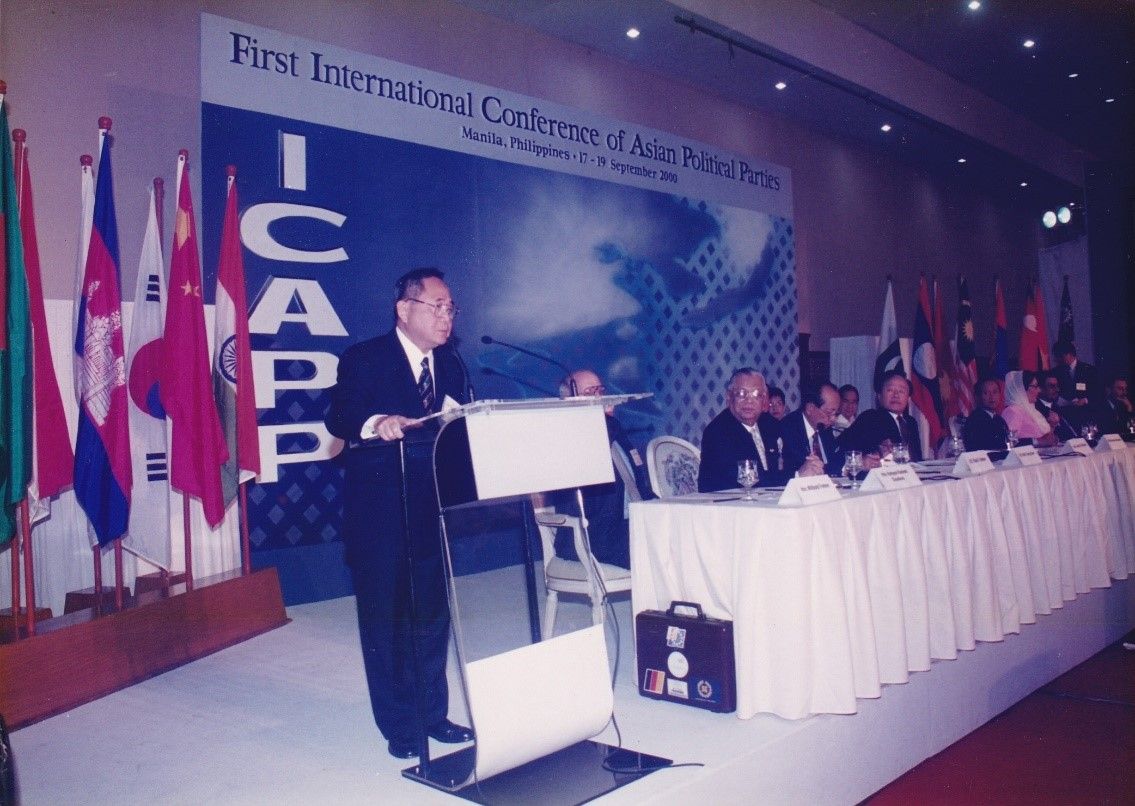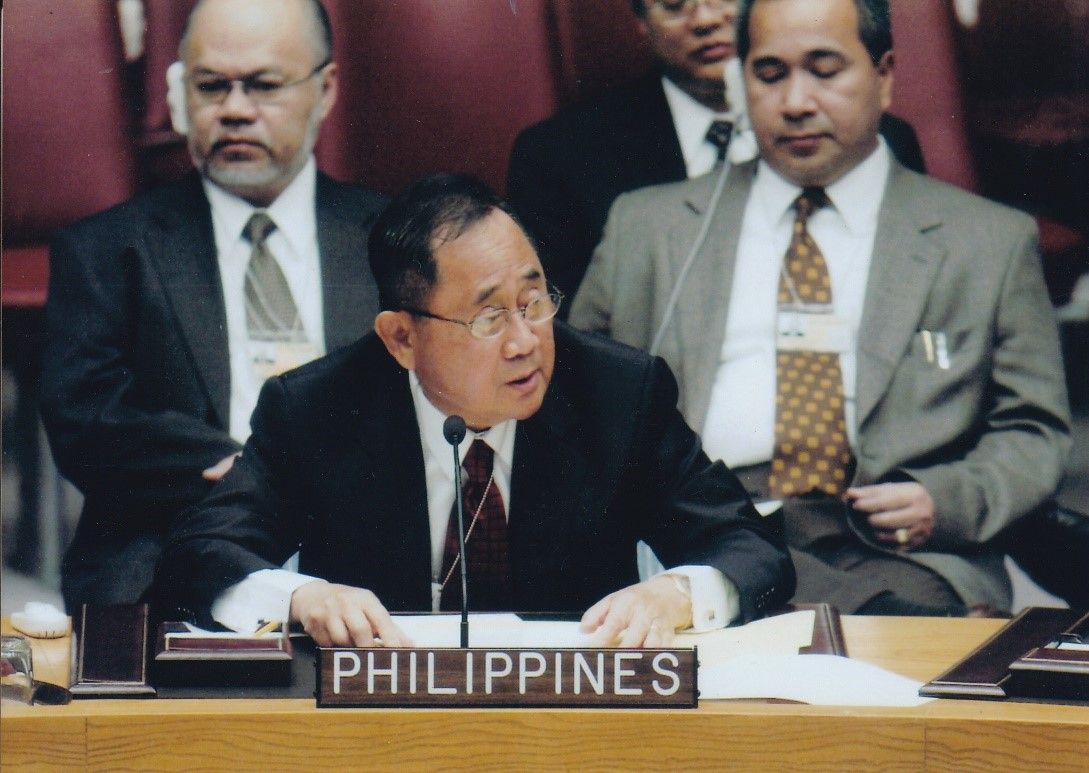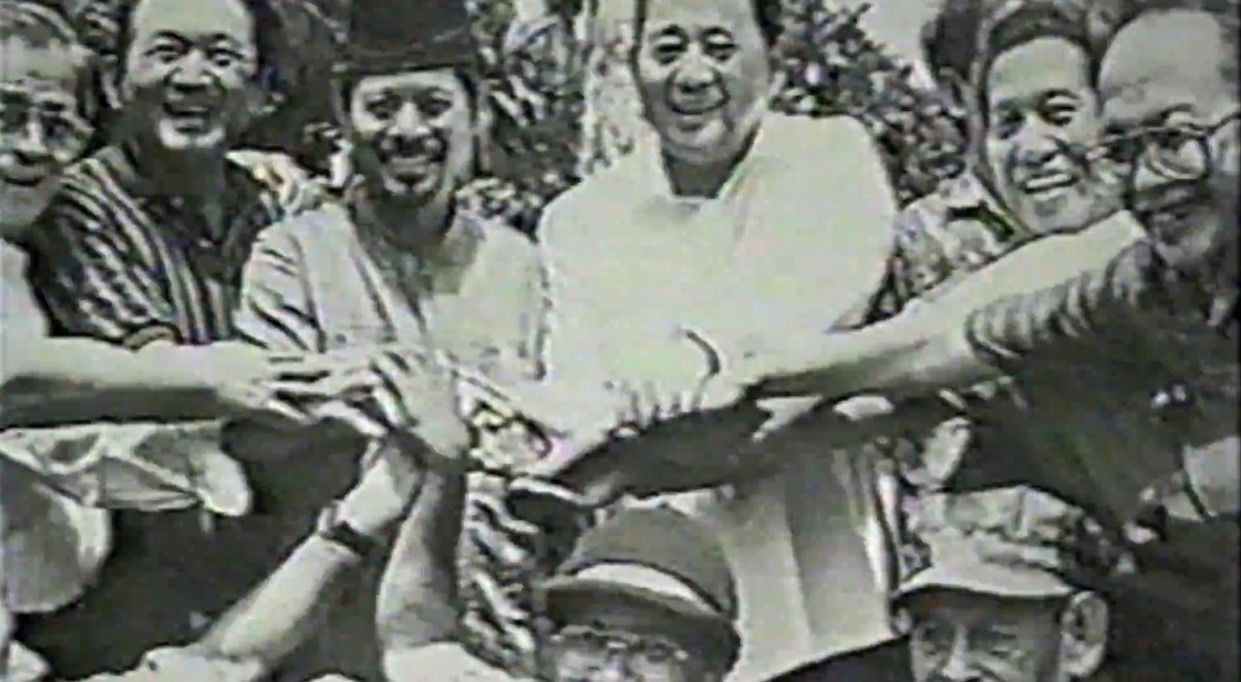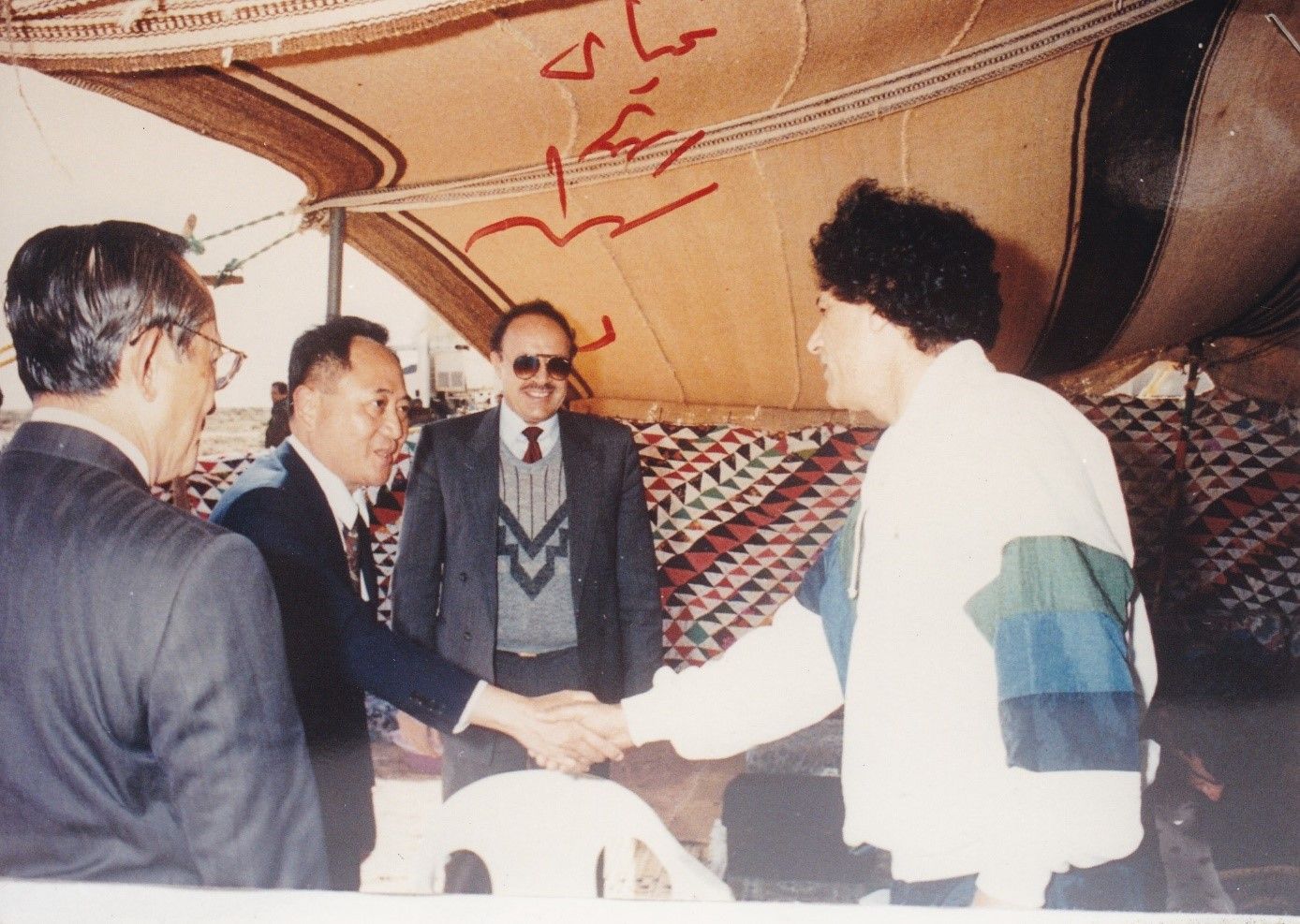Jose de Venecia Jr.: House Speaker for 5 terms, lawmaker and peacemaker
The Senate resolution honoring the life and legacy of former House Speaker Jose de Venecia Jr. has brought the name of this illustrious gentleman back to the news and opinion sections of media platforms.
Hailed as a “towering figure in Philippine politics and governance” by Senator Loren Legarda, who sponsored Resolution No. 1142, “JDV’s journey in public service is marked by steadfast dedication, results-driven leadership, and a relentless pursuit of peace and lasting progress.”
After all the stories and commentaries since the resolution was handed to him on Aug. 28, there are still more stories to tell about this man whose name may not be familiar to the young readers from Generation Alpha, or perhaps even Generation Z. Not only those who study history and politics should know at least one important fact about JDV: He was the Speaker of the House of Representatives for five terms (1992-1995, 1995-1998, 2001-2004, 2004-2007 and 2007-2008). That is unprecedented in postwar Philippine Congress.

Under his administration came many laws that have contributed to economic growth. Among these were those he authored or co-authored:
One was the Build-Operate-Transfer Law, which has become a model for other developing countries and the formula for “Private-Public Partnerships.” The law has made possible private investments and public-private partnerships in infrastructure projects in the 1990s valued in excess of $30 billion as early as the mid-1990’s.
Another was the Military Bases Conversion Law which has turned the former American military bases on Luzon Island into thriving export zones and free ports. This included the conversion of Fort Bonifacio into a booming satellite city in Metro Manila.
In local history, JDV’s name will be mentioned again and again, especially as a political leader and lawmaker. At only 32 years old, he was elected congressman in 1969.
With President Fidel Ramos and Foreign Secretary Raul Manglapus, he co-founded the Lakas-Christian Muslim Democrats (Lakas-CMD), which became the ruling party for some 15 years. He served as the party’s secretary general, president, chairman, and chairman emeritus.
The smooth passage of more than 200 reform bills during the administration of President Ramos was paved by the “Rainbow Coalition” in the House of Representatives which JDV initiated.
In her sponsorship speech, Sen. Legarda noted that De Venecia’s coalition-building efforts during the post-Martial Law era were instrumental in promoting unity and stability.

“Economic, political, and social reform laws were passed under his stewardship during President Fidel V. Ramos’ administration, laying the groundwork for the country’s growth,” she said.
What the young should know is that a Filipino leader, and that is JDV, is the peacemaker who has united political parties around Asia through several organizations which he co-founded, among them:
The Asian Parliamentary Assembly (APA) composed of more than 40 parliaments in Asia, co-founded with Sen. Mushahid Hussain Sayed of Pakistan. This was envisioned to be the beginnings of an Asian Parliament. He also transferred the APA headquarters from Manila to Tehran to bring APA into an Asia-wide organization, instead of limited to East Asia, and to help bring Iran into the mainstream.
De Venecia also served as president of the Association of Asian Parliaments for Peace (AAPP), forerunner of APA, and twice president of the ASEAN Inter-Parliamentary Assembly (AIPA).
He also founded the International Conference of Asian Political Parties (ICAPP), a forum for dialogue and cooperation among the political parties in Asia - ruling, opposition, and independent; and of various ideologies. Launched in Manila on September 2000, ICAPP is now composed of 352 political parties from 52 countries in Asia.
The Asian Peace and Reconciliation Council (APRC) was co-founded with former Thai Deputy Prime Minister and former Foreign Minister Surakiart Sathirathai. This is composed of former heads of governments, leaders of parliament, foreign ministers, and policy-makers.

He initiated the Interfaith Dialogue to help heal politico-religious and cultural schisms in Asia, the Middle East, and Africa, principally those between Islam and the West, the Sunni-Shi’ite conflicts, etc. to prevent the dreaded “clash of civilizations” and “clash of religions.” The proposal which was approved by the UN, followed his speeches at the U.N. General Assembly and the U.N. Security Council.
His leadership of various organizations have led many reforms and programs related to peace and climate change.
He serves as Chairman Emeritus of the Universal Peace Federation (UPF) with offices in Seoul and in New York, and as Board Member of the Sunhak Peace Prize Committee.
He also serves as chairman of the Advisory Committee of the Philippine Council for Foreign Relations (PCFR).
He has served as co-chairman of the International Ecological Safety Collaborative Organization (IESCO), devoted to fighting climate change and environmental degradation.
His place as a peacemaker in Philippine history has been set by the forging of various peace agreements.
He reached out in the early 1990s to Muslim secessionists (MNLF) in Mindanao, to mutinous rightist military officers (RAM-YOU) and to the Communist New People’s Army (NPA) insurgents, to bring them around to talking peace.
JDV’s biography lists his “crossing the North African desert twice to meet Libyan Leader Muammar Qaddafi, then-patron of the largest rebel force in Mindanao and the MNLF leader Filipino Muslim Nur Misuari. The peace agreement with the MNLF was subsequently signed in 1996, following JDV’s offer of a Coalition Agreement with Nur Misuari, who became ARMM governor.”

During the period of 1987 to 1989, when rightist military officers launched eight coup attempts, JDV reached out to the groups, and that led to a ceasefire in December 1992, a peace agreement with the government in 1995. It also led to an amnesty program initiated by President Ramos and JDV, and approved by Congress for Rightist, Communist, and Muslim rebels.
It was De Venecia’s dedication to environmental protection which impressed Sen. Legarda who is a champion of climate change action: “His commitment to integrating environmental interests into public policy, by urging governments and political parties to govern green, was evident during his tenure as co-chairman of the International Ecological Safety Collaborative Organization (IESCO).”
“Beyond politics and diplomacy, JDV's work as a journalist and media pioneer, including co-founding the Radio Philippines Network, underscores his multifaceted work in nation-building,” Sen. Legarda said.
On Aug. 28, Senate President Francis “Chiz” Escudero led the Upper Chamber in presenting to De Venecia the resolution adopted by the Senate.
De Venecia was accompanied by his wife, Georgina “Manay Gina” De Venecia during the ceremony.